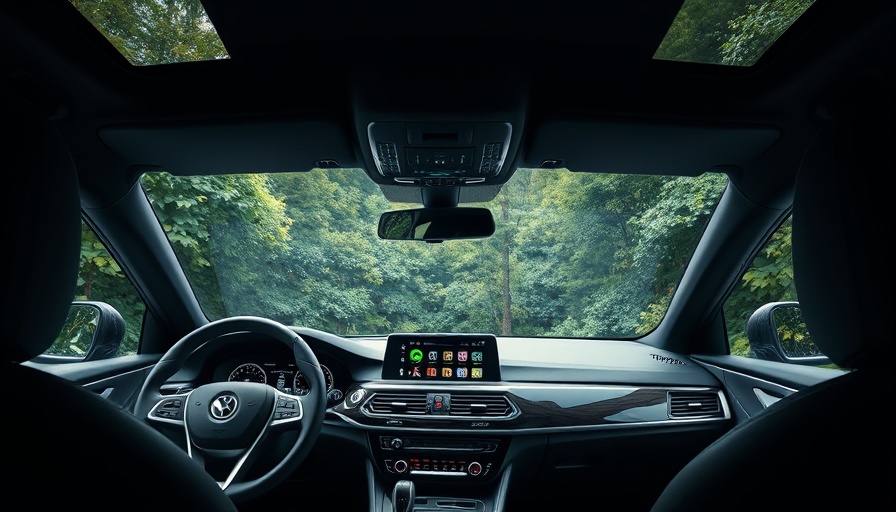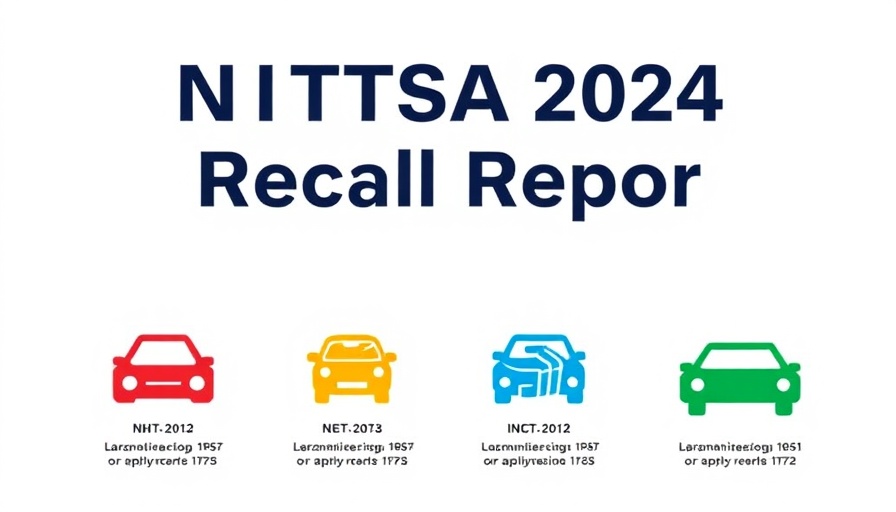
Grab and BYD: Driving the Green Revolution in Southeast Asia
In an ambitious move towards a more sustainable future, Grab and BYD have partnered to introduce up to 50,000 electric vehicles (EVs) to Grab’s fleet across Southeast Asia. This collaboration seeks to provide competitive access to eco-friendly vehicles for driver-partners, aligning with the region's growing demand for green transportation solutions.
Enhancing Driver and Passenger Experience
This strategic partnership offers Grab’s driver-partners the flexibility to either rent the EVs from Grab’s fleet partners or benefit from financing options supported by Grab’s car ownership schemes. Notably, this forward-thinking initiative includes the extended warranty feature, promising durability and reliability which are often crucial factors for dealership principals and fixed operations directors looking at long-term investments.
Leveraging IoT for a Safer Ride
A key highlight of the Grab and BYD initiative is the integration of advanced Internet of Things (IoT) technology. This integration ensures that Grab’s platform can interact seamlessly with BYD’s vehicles, offering improved safety features. Information such as real-time wiper signals and travel speeds will enhance Grab’s ability to accurately assess external conditions like weather and traffic, optimizing the safety and efficiency of rides.
Future Predictions and Trends in Eco-Friendly Rides
Looking forward, the partnership points to a significant trend towards electrification in the transportation sector. With green technology gaining momentum, we can expect an even broader adoption of EVs, particularly as the market demands more sustainable and efficient options. Dealerships in the ASEAN region should anticipate increased interest and potential shifts in customer preferences toward electric models, heralding a transformative period in automotive sales.
Historical Context and Background of Green Initiatives
Over the past decade, Southeast Asia has seen a steady increase in environmental consciousness, with more efforts directed at reducing carbon footprints. This partnership builds on existing regional commitments to sustainability, supplementing initiatives that target urban transportation pollution. The rise of EVs as a viable option for public transport aligns with these eco-friendly objectives, marking another step forward in progressive urban mobility.
 Add Row
Add Row  Add
Add 




Write A Comment